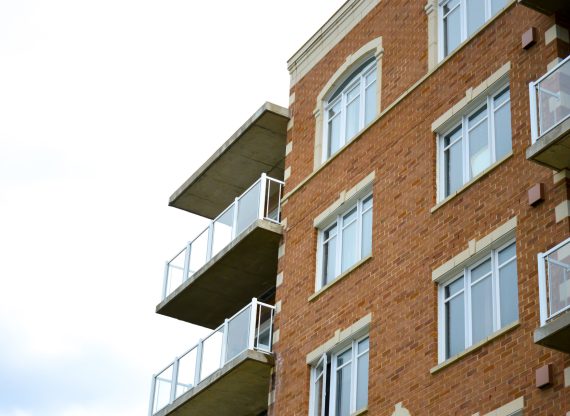City of Montreal partly to blame for lack of affordable housing

Housing is increasingly expensive in Montreal, so much so that finding an apartment within one’s budget has become difficult. Even though we haven’t reached the same stage as Vancouver, the average rent for a 4½ passed the $1,000-a-month threshold in 2022. Compared to 2021, that’s an increase of 5.4 per cent.
Montreal’s municipal government spreads the responsibility around for this. Mayor Valérie Plante has blamed, at different times, Airbnb, real estate speculators, and entrepreneurs not offering the right products.
Plante is forgetting to point her finger in another direction, though: toward the City of Montreal itself. Its policies play a direct role in rising housing prices.
With taxes, development fees, dictates regarding housing types and various regulations, the municipal government apparatus substantially increases the risk and the price developers must pay to build, which has a direct impact on the sale and rental prices of housing units.
And excessive regulation is a disincentive to building. The supply of housing is therefore directly restricted, which keeps prices from falling.
The logic is clear: if supply isn’t renewed and does not grow as rapidly as demand, equilibrium prices on the housing market — for rent or for sale — will rise. To restore affordability, developers have to be allowed to build more.
An example of the constraints leading to rising costs is the famous “20-20-20” regulation put in place by the Plante government.
In brief, the “20-20-20” regulation requires developers to include in their projects certain kinds of housing units favoured by the municipal government, without which city officials will reject their permit requests. Specifically, this means a minimum of 20 per cent social housing, 20 per cent affordable housing (though this stipulation was modified in the final bylaw and the 20 per cent only applies in some areas), and 20 per cent so-called “family” housing in any project with more than five units, or an equivalent financial contribution to city coffers.
However noble the city’s intentions, this regulation is far from ensuring a better supply of affordable housing, its stated goal.
Developers have two options.
The first is to incorporate such dwellings into their projects, even if these do not respond at all to the needs of potential renters or owners. Take those “family” housing units, for example, which must have a minimum of three bedrooms. This results in student housing projects that, in order to respond to the regulatory requirements, have to include at least 20 per cent large 5½ apartments, even though most renters are looking instead for small, affordable, individual units.
The second option, which applies to the social and affordable housing, is to pay a large compensatory amount to the city. Obviously, this will be reflected in the selling price.
And those are just the direct repercussions of one single Montreal housing policy. To this must be added the indirect costs related to the city’s seemingly arbitrary decisions in the approval of certain projects.
Take the example of Proment’s Evolo Nex tower on Nun’s Island. Despite a petition signed by residents in support of the project, the favourable opinion of the Office de consultation publique de Montréal, and its proximity to a REM station, the municipal government chose to lop off 11 of the project’s floors.
We could also mention the Square Children’s project. Following a conflict, the city chose to punish the developer by reducing the maximum height for one of the proposed buildings to four floors, compared to its initial 20.
The direct effect of these policies is both to limit the supply of housing and to increase their construction costs, two facts that are directly opposed to housing affordability.
When it comes to the lack of affordable housing, Plante and her administration should look in the mirror before casting blame.
Célia Pinto Moreira est analyste en politiques publiques à l’IEDM et l’auteure de « Améliorer l’abordabilité des logements à Montréal en réglementant moins la construction ». Elle signe ce texte à titre personnel.

